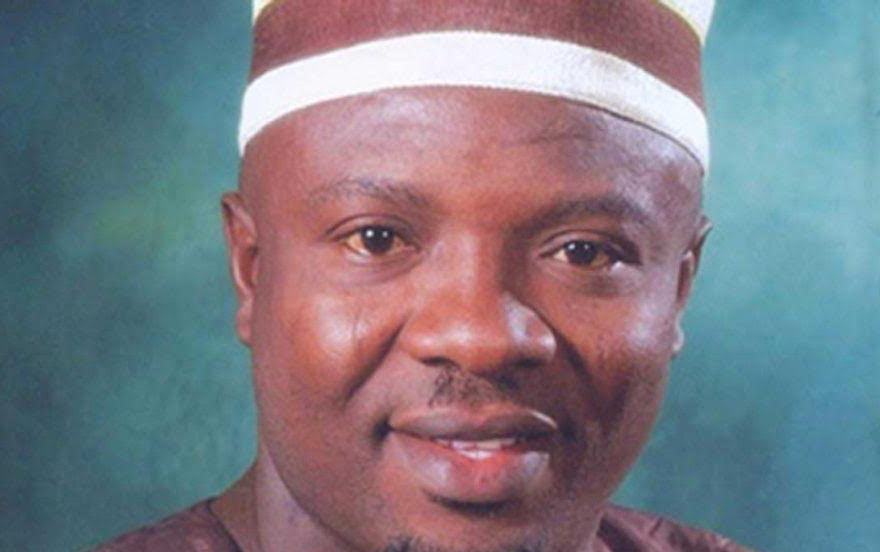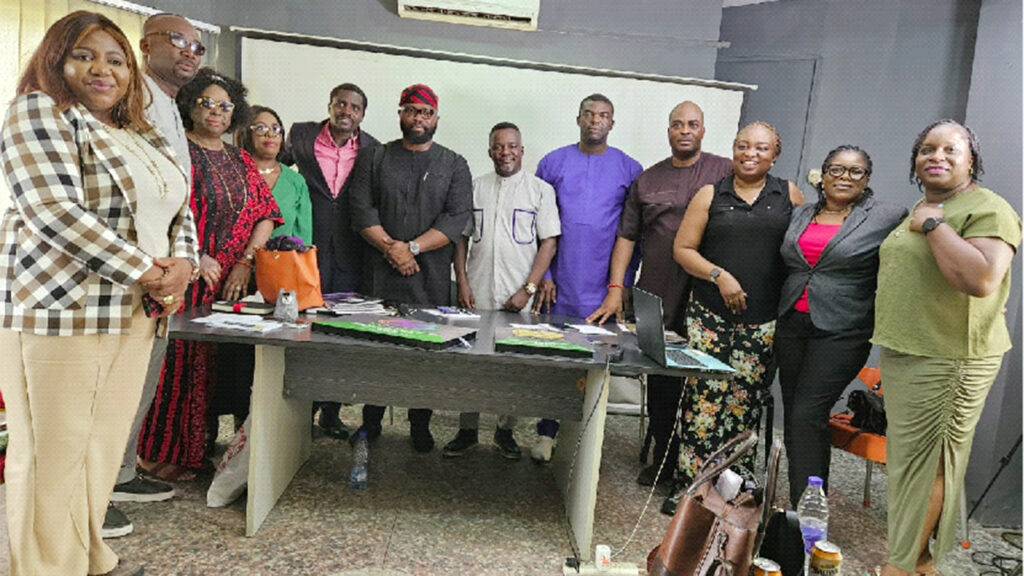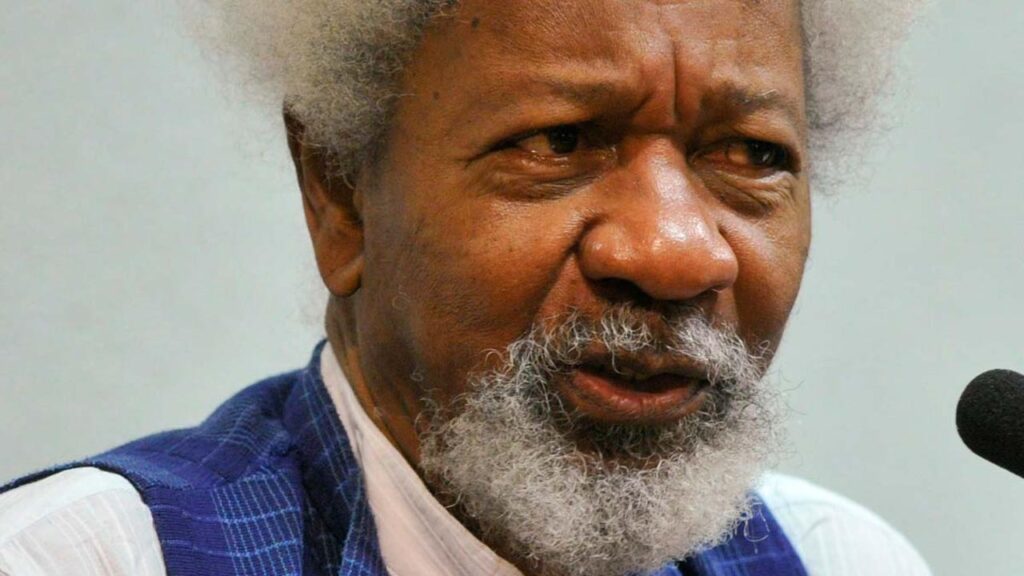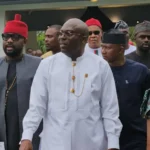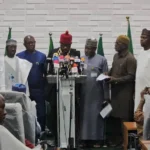
Professor of Journalism and Media Studies, Ajayi Crowther University, Oyo State, Jide Jimoh, has stressed the need for media houses to mainstream women, youths and Persons With Disability Groups in Democratic Reporting.
Speaking at a virtual media workshop organised by International Press Centre (IPC), he argued the role of the media in a democratic context cannot be over emphasisied.
Recall the United Nations Sustainable Development Goals five and 10 emphasise gender equality and reducing inequalities.
Similarly, the don made reference to the Hutchins Commission set up in the US to assess the performance of the media in the society. In the report titled, “A Free and Responsible Press, the Commission urged the media to, offer a truthful, comprehensive account of the day’s events in a context which gives them meaning; serve as a forum for comments and criticisms; offer a representative picture of constituent groups in society, that is, no stereotyping or exclusion, among others.
He further cited a survey conducted by IPC focused on the coverage of 2023 off-cycle elections in Kogi, Bayelsa and Imo states. Twenty print and online media and the website and twitter handle of INEC were monitored.
From the findings, it can be seen that there is no equitable coverage of the electoral process.
The coverage also lacked inclusivity. He added the media tend to focus on powerful people: Political leaders, the rich and famous (film stars or musicians). Most newsmakers are men (women just seem to be valued for their bodies). Most newsworthy people seem to live in towns or cities. They often reinforce stereotypes.”
For instance, the findings of the survey showed that there were 608 sources in the 860 relevant reports in the print media, out of which 19 sources, representing 3.5 per cent of these sources were female politicians/women, while nine sources were youths, (two per cent), and five sources were PWDs (0.5.per cent).
Out of the 442 stories monitored online, inclusive issues were published in 31 stories, representing seven per cent of the total relevant stories. Five stories (that is 1.1per cent of overall stories) were published on Youths; 12 reports (2.7.per cent) were on women and 14 stories (3.2 per cent) were on Persons With Disabilities.
In terms of being used as sources, the Persons With Disabilities had a low voice representation in the print media with five stories (0.5.per cent) and one story in the online (0.4.per cent)
Inclusive issues received more coverage online ( 7.per cent) than print media (1.5.per cent); issues affecting women received less coverage in print media (1.per cent) and online media (3.2 per cent) than women were used as sources in print (3.5.per cent) and (4.5.per cent) in the online.
Concerning observations on INEC’s Activities on Twitter, 42 relevant tweets were tracked on INEC’s verified Twitter handle during the period, with 2,587 Quote Tweets, 4,706 retweets, 17,499 Comments, and 13,733 Likes. Most tweets, that is, 13 tweets (31.per cent) focused on voter education and eight tweets (19 per cent) on election security, election conduct, six tweets (14.3 per cent). Only one tweet was posted on election accountability (2.4 per cent). While no tweets were posted on PVC and electoral reform, other issues were published in 14 tweets (33.3 per cent).
While the News media focused more on disputing matters around INEC, that’s 182 (46.9.per cent) in print and 93 stories (32.4.per cent) in online, and significantly less on voter/civic education, INEC’s social media handle focused on key issues of voter education (31 per cent) and election security (19.per cent).
This shows INEC has a weak news media handling as evidence shows it’s CVE activities did not reflect in the news media.
In his recommendation, the scholar observed media mostly just follow events, they don’t explain what led to those events and they seldom follow up on stories later.
Saying events don’t just happen in a vacuum, he canvassed more awareness of processes, trends, patterns and developments.
He further stressed the need for focus on the powerless and the poor: people who are ‘invisible and unheard’.
To him, “we’d like to hear more about (and from) women. And how about more stories from rural areas? And children? We need them to challenge stereotypes and find fresh, human angles.”

Speaking on the role of the media in promoting Persons With Disabilities (PWD), the founder of TAF Africa (formerly The Albino Foundation), Jake Ekpelle, stated that the media can take a front seat in advocating the need for inclusivity in society and its dividend to governance and democracy.
Ekpelle further explained the importance of changing the narrative in people’s perspective about the PWDs rests on the media, adding that the task begins with the use of language in the representation in their reportages and the role they attach and link them with.
He further urged the media to shine a light on inclusivity and the promotion of minority groups in the country.
In the same vein, the European Union Project Coordinator, Nigerian Women Trust Fund (NWTF), Vaneza Gregory urged the media to focus on the achievement of women instead of their endeavours, adding that their professional engagements should be prioritised.
She also advocated for a safe space where women can feel comfortable by adopting a culture of engaging everyone, regardless of gender. She also suggested that media companies normalise sending female journalists to women in order to boost their assertiveness in media engagement.
Tolulope Famoroti, who represented YIAGA Africa, also charged the journalists and media practitioners to yield their reports towards positivity towards the youth, adding that the failure media of engagement has declined youth participation in government
In his closing remarks, the Executive Director of the International Press Centre, Lanre Arogundade, urged the media to be more deliberate about reporting inclusivity in the Nigerian media space. He added that such action will further improve good governance and Nigeria’s democracy.
Arogundade also urged journalists to report inclusivity from different perspectives, noting that it would also enhance their professionalism and their expertise.
The workshop was held as part of activities under Component 4 (Support to media) of the European Union Support to Democratic Governance in Nigeria (EUSDGN II) project in partnership with IPC.

